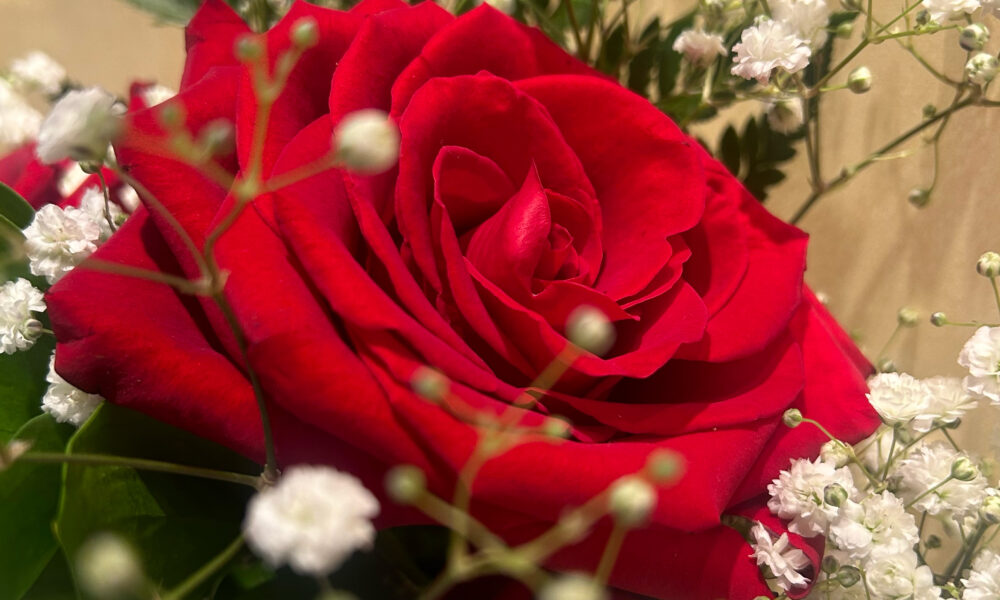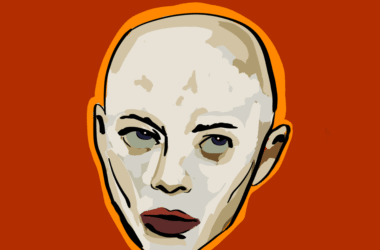Jesse Palmer’s piercing gaze finds me through my computer screen as he tells me, “Tonight we’re going to watch something that we have never seen before in Bachelor Nation history.” I groan. I’ve spent more hours of my life than I would like to admit watching ABC’s The Bachelor, The Bachelorette, and Bachelor in Paradise. Over the years, I’ve found that the “never seen before” controversy is always a variation of the same thing: The men behave reproachfully, the women are labelled as “strong,” and the show remains entirely performative in achieving its stated goal of finding love.
The Bachelor franchise has long been criticized for its deeply patriarchal, gendered, and racist norms. Under the guise of progress, the network began assembling more diverse casts and putting women of colour in the spotlight, starting with the first-ever Black Bachelorette—Rachel Lindsay—in 2017. However, the show’s creators and fans consistently fail the women of colour leads—showing that while representation in the media is essential, it only goes so far when these women are sabotaged from the start.
Of the 23 leads over the course of the show’s history, all but five have been white—and don’t get me started on The Bachelor which has had one non-white lead in the nearly 30 years it has been running. Jenn Tran, the latest Bachelorette, was the franchise’s first Asian-American lead, and perhaps one of the best leads that the show has seen: Charismatic, confident, strong-willed, and funny. However, the producers undermined her from the start.
The leads are generally picked from the previous season’s runners-up and are chosen prior to the “After the Final Rose” (AFR) episode of each season. Tran was in the final six of Joey Graziadei’s season, marking a departure from the show’s usual tempo. Because of this, fans predicted that the Bachelorette would either be Daisy Kent or Maria Georgas, two of the final four from the season. At the AFR for Graziadei’s season, host Jesse Palmer sat down with Kent and asked if she wanted to be the Bachelorette. Kent declined and minutes later, Tran was announced as the lead. Simultaneously, rumours swirled online that Georgas had been considered for the role and declined. From the start, the producers made it clear that they thought Tran to be the third pick after two white women.
This is far from the first time a woman of colour has been the second choice. Clare Crawley (season 16) left after the first three weeks with her frontrunner, Dale Moss. With only seven weeks left, the producers replaced Crawley with Tayshia Adams, the series’s second lead woman of colour. Even though the men were cast with Crawley in mind, the producers did not restart the season or introduce a different cast. Adams was left to try to find love and a particularly expedited engagement with the 21 men who were initially there for Crawley.
The creators of the show are not the only ones who place unrealistic expectations on women of colour leads; the fans have an equal part to play. Many fans of the show expect BIPOC leads to perfectly represent every aspect of their identity and lash out when this is inevitably not achieved. Tran, a Vietnamese-American woman, received online hate ranging from criticism over her showing moments of insecurity on camera to insults about her proficiency in Vietnamese.
In a TikTok Tran posted on Aug. 26, she stated, “The thing that I have come to learn about […] the entertainment industry is that people want to put you into a box at all times. Whether it’s the box of ‘You’re Asian’ or its the box of ‘You’re American.’”
In the pursuit of novel drama and higher ratings, the Bachelor franchise is purposefully putting women in harm’s way. Tran and other women of colour on the show are simply not afforded the same grace as their white counterparts. The show must reckon with its unacceptable treatment of women of colour and find a way to genuinely allow them to take the wheel in their “journey” for love and connection. That would truly be something that we have “never seen before.”








